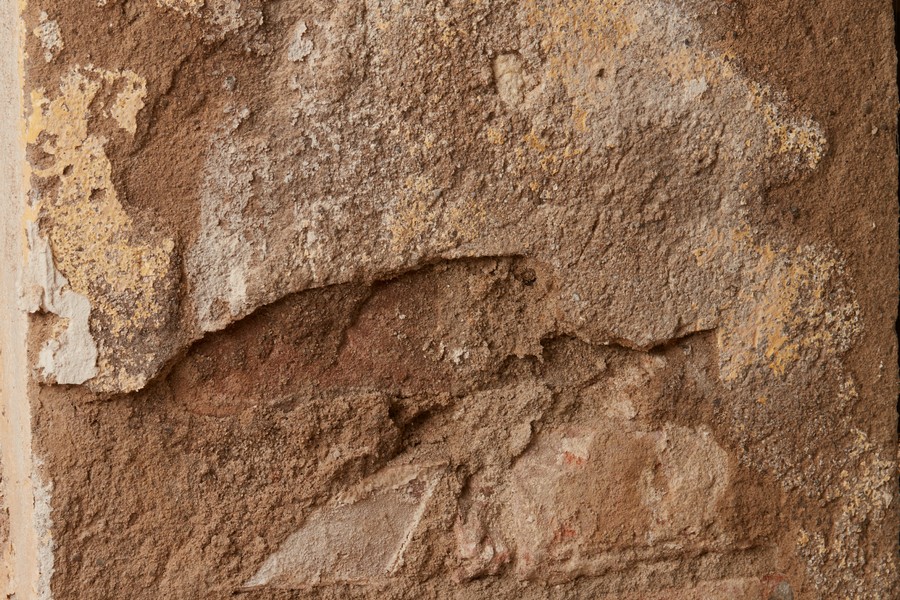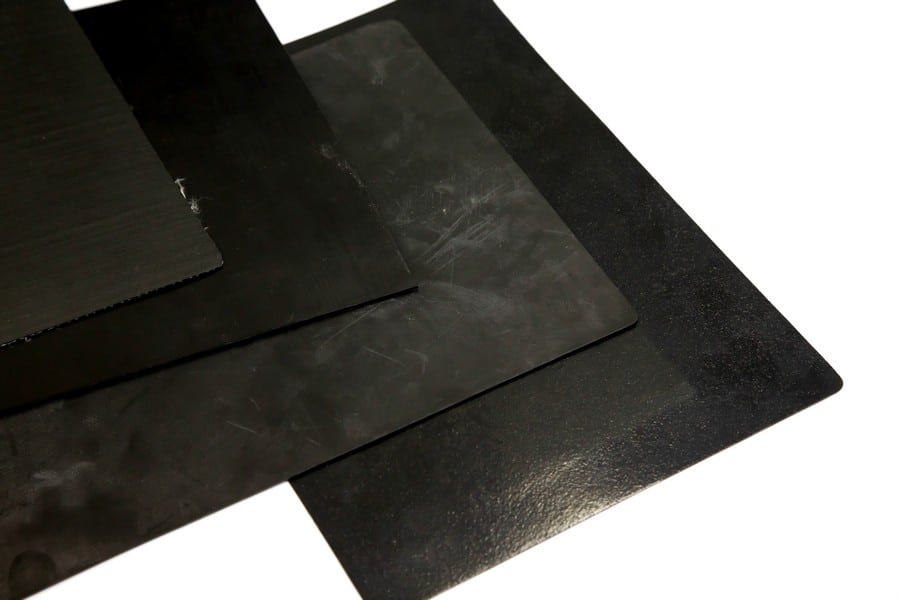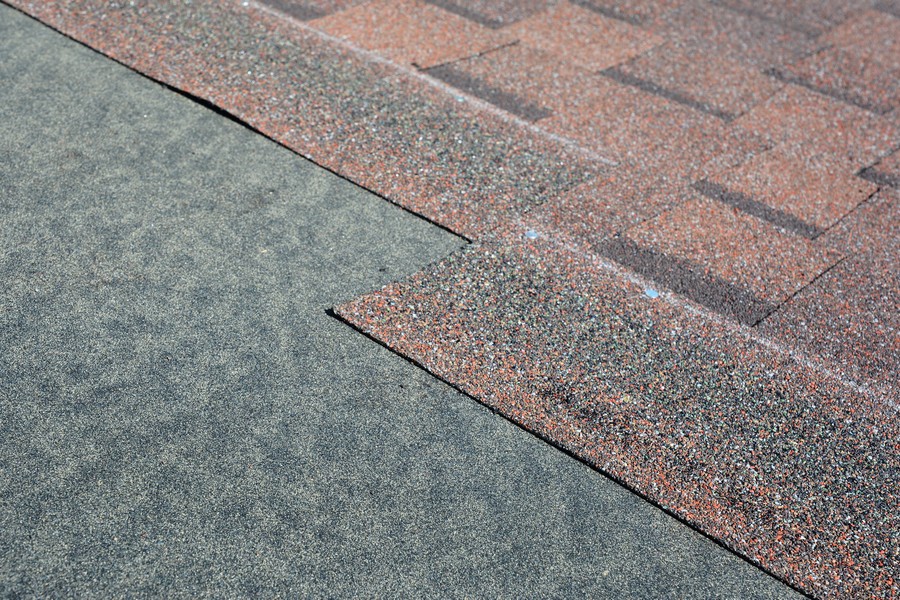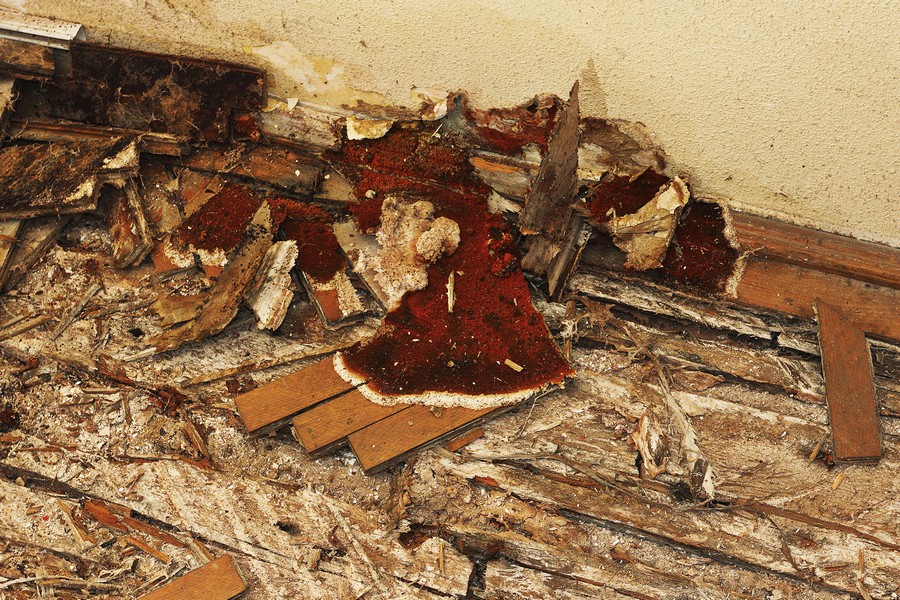Call Our Sussex Damp Experts team now for a free quote, consultation and advice:

To tackle damp issues in your property, the first step is to conduct a thorough examination. Our team of damp proofing experts at Sussex Damp Treatments are committed to providing honest and cost-effective solutions by only reporting on actual problems.
We offer comprehensive evaluations through our damp and timber surveys, which require authorisation from the homeowner or property manager. With years of experience in the industry, we provide a wide range of services including rising damp treatment, basement waterproofing, dry rot control and timber treatments.
Our detailed surveys allow us to assess each problem with precision before offering professional services backed by 30-year guarantees. Trust our specialists to deliver peace of mind for all your future needs in damp proofing and treatments with their expertise and professionalism.

Dampness in a property is often an indication of a more severe underlying issue. Identifying the root cause of dampness is crucial to resolving this problem. If you observe wet spots on the interior or exterior of your home, it may be due to one of several factors: rainwater penetrating through cracks in brickwork, condensation, high ground levels, rising damp, non-compliant roofing, external flooding, leaking gutters and broken downpipes, inadequate window or door seals, malfunctioning drains and defective insulation for cavity walls. Additionally, tree roots can damage walls and moisture-proof courses causing dampness while internal plumbing issues can also lead to such problems.
A Damp Proof Course serves as a protective barrier at the base of a building’s wall, preventing water from seeping in. Non-absorbent materials such as slate, bitumen and plastic are commonly used to construct this course. To ensure maximum effectiveness, it is essential that the damp-proof course be continuous with any existing membrane on the floor and extend at least 150 mm above ground level for external walls according to Approved Document C. In cases where there is an exterior cavity wall, the course should extend no less than 225 mm below ground level or alternatively, a cavity tray equipped with weep holes every 900mm can be installed to prevent moisture from penetrating through to the inner leaf. The installation of damp-proof courses has become mandatory when constructing new buildings in order to avoid rising damp and penetrating damp issues.
Dampproofing and waterproofing are two distinct methods of preventing moisture from entering a building. While dampproofing is designed to keep out soil moisture, waterproofing provides protection against both moisture and liquid water. Typically, dampproofing involves applying an asphalt-based coating either by hand or spray on the exterior wall surface. This process creates a barrier that prevents ground moisture from seeping into the structure’s interior walls. Waterproofing, on the other hand, offers more comprehensive protection by creating an impenetrable layer that keeps all forms of water at bay. It is essential to understand these differences when selecting which method to use for your building project as they have different applications and effectiveness in keeping your property dry and protected from water damage.
A damp proof membrane, also known as a DPM or damp proofing membrane, is a protective layer that prevents moisture from passing through it. It serves the dual purpose of preventing penetrating damp and stopping capillary action – rising damp – by absorbing moisture beneath concrete slabs. This makes it an ideal material for use in damp proof course (DPC) treatments. If you suspect any issues with excess moisture in your home, the first step towards resolving them is to schedule an inspection with Sussex Damp Treatments’ team of experts who operate throughout East and West Sussex. We offer comprehensive services ranging from initial surveys and inspections to complete treatment, repairs and upgrades designed to transform your property into a dry haven free from the harmful effects of excessive humidity.

A Damp Proof Course (DPC) is a vital component in preventing moisture from infiltrating your property. It is one of the many damp proofing treatments available to keep your home dry and structurally sound. The repair of a damp proof course can be done in various ways, providing long-term solutions for keeping excess moisture at bay. Over time, construction methods have evolved, as has the technology behind DPCs used in homes today.
While slate tiles were once commonly used, modern plastic damp courses are now the standard due to their cost-effectiveness. Additionally, stainless steel is often employed in contemporary construction projects for added durability and protection against moisture damage. Neglecting to address issues with your DPC could lead to significant structural damage over time, making it essential to prioritise proper maintenance and repairs when necessary.
Call Our Sussex Damp Experts team now for a free quote, consultation and advice:
Damp-proof courses (DPCs) can be installed using various methods, including chemical injection, DPC mortar injection and electro-osmosis systems. Chemical injection involves the use of a specially prepared cream or water-based solution that is inserted into perforations in the wall to form a barrier against rising damp. This method is commonly used for cavity walls.
Alternatively, DPC mortar injection may be employed for random rubble stone walls by drilling holes and applying cement-based plaster properly created by our professionals. Finally, an electro-osmosis system reverses capillary action by mounting an electric charge on the wall via wires that are earthed to the ground; this drags dampness back into the soil. Our experts at Sussex Damp Treatments will assess your property’s specific needs before recommending which method would best suit your situation.
Achieving a successful damp proofing course requires two critical factors. Firstly, it is essential to get the installation right the first time to avoid worsening the condition and incurring additional costs for reinstallation later on. Our professional team can clarify any doubts you may have regarding our installation procedures. We begin by drilling into the masonry at the base of damp walls and injecting a specially formulated solution of silicone fluid until saturation is achieved throughout its entire depth.
Our low-odour injection method cures within the masonry wall, creating an impenetrable barrier against rising dampness that prevents moisture from seeping through treated walls. As part of this process, we use a vertical damp proof course to isolate adjacent abutting walls effectively. This cost-effective treatment becomes even more reliable when combined with our waterproof rendering technique, ensuring that your home’s damp walls are no longer an issue.
The new damp proof course will prevent moisture from rising into these areas while allowing brickwork to dry out naturally over time. However, ground salts may still impact moist walls until old plaster is removed and replaced with salt-resistant renderings using our advanced waterproof rendering technology. We take pride in precisely batching renders using computer-controlled proportions of sand, cement, lime and waterproofers rather than relying on site operators to mix materials together from various bags of supplies manually. In cases where high ground levels exist, we recommend supplementing chemical-proofing with our tanking system for optimal results.
The installation of a damp proof course is essential to prevent moisture from the ground from rising up and causing damage to your home. Without proper protection, excess moisture can impact properties and lead to foul smells, unsightly appearances, decreased property value, and health hazards such as asthma or bronchitis triggers. Damp proofing serves as an effective solution by preventing residual moisture from seeping into walls and eliminating excess mildew and bacteria.
This not only improves the overall appearance of your home but also increases its value in the long run. By investing in damp proofing solutions, you can ensure that your property remains protected against potential damages caused by excessive moisture levels.
Our company offers a range of effective and affordable techniques for treating and preventing rising damp. One such technique involves injecting a silicone-based chemical into the wall through small holes, creating a water-repellent barrier once it dries. To ensure the complete removal of contaminated plaster affected by salts from rising moisture, we recommend replacing it with salt-resistant plaster to facilitate the natural drying of the wall’s moisture content. Additionally, installing a new chemical damp proof course using advanced DPC injection cream and Silane/Siloxane solution is advised after removing the contaminated plaster.

A damp proof course is a water-resistant barrier that spans the length and breadth of your wall to prevent groundwater from seeping through due to capillary action. A damp proof membrane (DPM) with a special polyethene material beneath a sheet of concrete helps resist moisture, while cement such as shotcrete resists pressure and moisture. Cavity walls built between inside and outside walls keep water out, while masonry walls are sealed with pressure grouting. Rising damp affects different types of walls in various ways; therefore, it’s crucial to seek advice from our experts on the best solution for your situation.
After applying damp-proofing creams, which are effective on almost all types of walls, they leave behind a water-repellent barrier within the wall. To allow natural drying out of moistened internal plaster contaminated by salts from rising damp, some must be removed and replaced with salt-resistant plaster. The creation of an optimal barrier against rising damp reduces heat loss by minimising moisture in the wall and prevents ground salt build-up.
The presence of rising dampness on exterior walls can cause a range of issues, including rendering degradation, efflorescence and masonry fissures. To prevent further damage to the walls, it is recommended to use a damp-proofing cream treatment that eliminates rising dampness. This solution effectively halts the progression of water penetration into the wall structure. Additionally, an external masonry protection cream can be applied for added protection against water infiltration. Unlike injection-based treatments, this cream is not injected but rather applied directly onto the exterior wall surface.

While it is technically possible to use a damp proof membrane (DPM) without completing a damp proof course (DPC), it is highly recommended to instal a DPC in order to fully prevent moisture from rising through walls and floors. A DPC acts as a waterproof barrier that runs the length and breadth of your wall, stopping groundwater from creeping up through capillary action. On the other hand, a DPM prevents moisture by attaching a waterproof silicone membrane to the structure.
To regulate moisture levels, polyethene film can be placed beneath concrete sheets using this standard method of protecting structures against water damage caused by rain or other sources of moisture. Shotcrete cement is also used due to its resistance to both pressure and moisture. Cavity walls between interior and exterior spaces keep water out while masonry walls are sealed with pressure grouting. Chemical DPCs are utilised for permanently waterproofing rooms’ walls and floors, preventing wetness from entering altogether.
Moisture in your home can lead to severe problems for both the occupants and the structure. Dampness, if left untreated, may cause significant structural damage that could compromise the building’s integrity. Additionally, it can result in aesthetic discomfort and respiratory issues, particularly for those with pre-existing respiratory conditions.
If you notice dampness due to condensation or leaking pipes and guttering, contact our expert damp removal and proofing professionals immediately to address the issue before it worsens. Ignoring dampness can lead to a range of issues within a property such as peeling paint, rotten wood (dry rot or wet rot), crumbling plaster, warped floorboards, rusty steel and fasteners as well as distorted facing and skirting boards. At Sussex Damp Treatments we offer cost-effective solutions tailored specifically to your needs whether you have rising damp concerns or flooding caused by heavy rainfall. Our team is experienced in identifying underlying problems with precision so that they can be fixed efficiently without causing further disruption or inconvenience.

Prompt action is crucial when dampness is detected in a property. Failure to address the issue can lead to significant problems for both the building and its occupants. Dampness not only causes visual discomfort but also poses a threat to the structural integrity of a property, potentially resulting in severe damage if left unattended. Furthermore, it has been proven that damp environments can exacerbate respiratory issues, particularly for those already suffering from such conditions. Whether caused by condensation or leaking pipes/guttering, it is essential to seek expert assistance immediately from our team of experienced professionals specialising in damp removal and proofing services. Our unwavering commitment to providing exceptional customer service coupled with our extensive knowledge base is at the core of our continued success.
A thorough damp survey for a standard three-bedroom detached house, conducted by a chartered and accredited surveyor, can cost anywhere between £150 to £350. However, the exact price may vary depending on factors such as the location and size of the property. Damp proofing costs are determined by several variables including architectural design, type of damp causes and materials used. To get an accurate quote that is tailored to your specific situation, contact our fully trained team who will schedule a survey at your convenience. Our friendly professionals will conduct an in-depth inspection of your property before providing you with the most cost-effective solution available. Don’t hesitate to reach out to us for all your damp treatment needs!
Sussex Damp Treatments boasts a team of damp proofing specialists with extensive experience in identifying and repairing all types of damp issues. Our expert surveyors will thoroughly examine your property’s faults, providing you with the most cost-effective solution for repair. We take pride in our exceptional customer service and ability to deliver high-quality, reliable solutions that are backed by long-term warranties. In fact, we offer a money-back guarantee on all our damp treatment services along with XX years of warranty.
At Sussex Damp Treatments, we take great pride in our reputation for excellence. Our customers’ glowing evaluations and recognition from the construction industry speak to our commitment to providing top-notch service. In fact, over half of our new clients come to us through referrals – a testament to the positive experiences they’ve had with us. We understand that every customer is unique, which is why we offer no-obligation site damp surveys to assess each situation individually and provide tailored solutions. If you’re experiencing issues with dampness in your property, don’t hesitate to contact one of our experts today at 01273 257 212 for a consultation.


Max and his team have been at our property all week and I really can’t thank them enough for the fantastic job they’ve done on plastering both our walls and ceilings. They have literally transformed the appearance of our house! Not only has Ma…
From start to finish Max has been incredable. His knowledge lin damp proofing is second to none and his team where very clean and polite. The plastered finish was like glass so happy we choose Max Plastering for job.
Lovely bunch of lads left a very neat and clean job. Problem was solved.
Perfect Finnish and all left clean and tidy and no mess. Used Max previously and would not hesitate to ask him carry out more work.
Max, Harvey and Stuart arrived promptly as arranged. Done a great job on our outside rear wall. Work completed to a high standard, removal of all old material and cleaned up after themselves. I am so pleased with the standard of their work they ar…
They turned up on time and carried out the works in a very professional manor leaving the front of the house clean and tidy. Very impressed would definitely recommend.
I have to say that on every level Max (with Stuart and Harvey) did an extremely professional job! They explained what they were going to do, they were polite and courteous and respected that they were coming into our home. The plastering is of the…

I called max and he managed to come around the same day to do a survey. The next day I received an extremely detailed survey compared to any other damp proofer which made me feel very at ease that he was going to do the right job. Max and team tur…
Contact Sussex Damp Experts Now to Speak With an Expert.